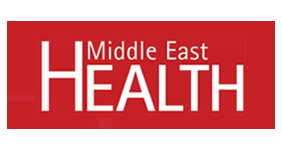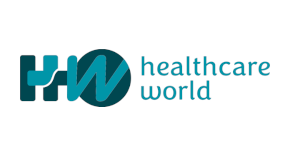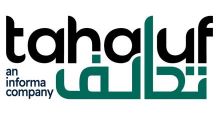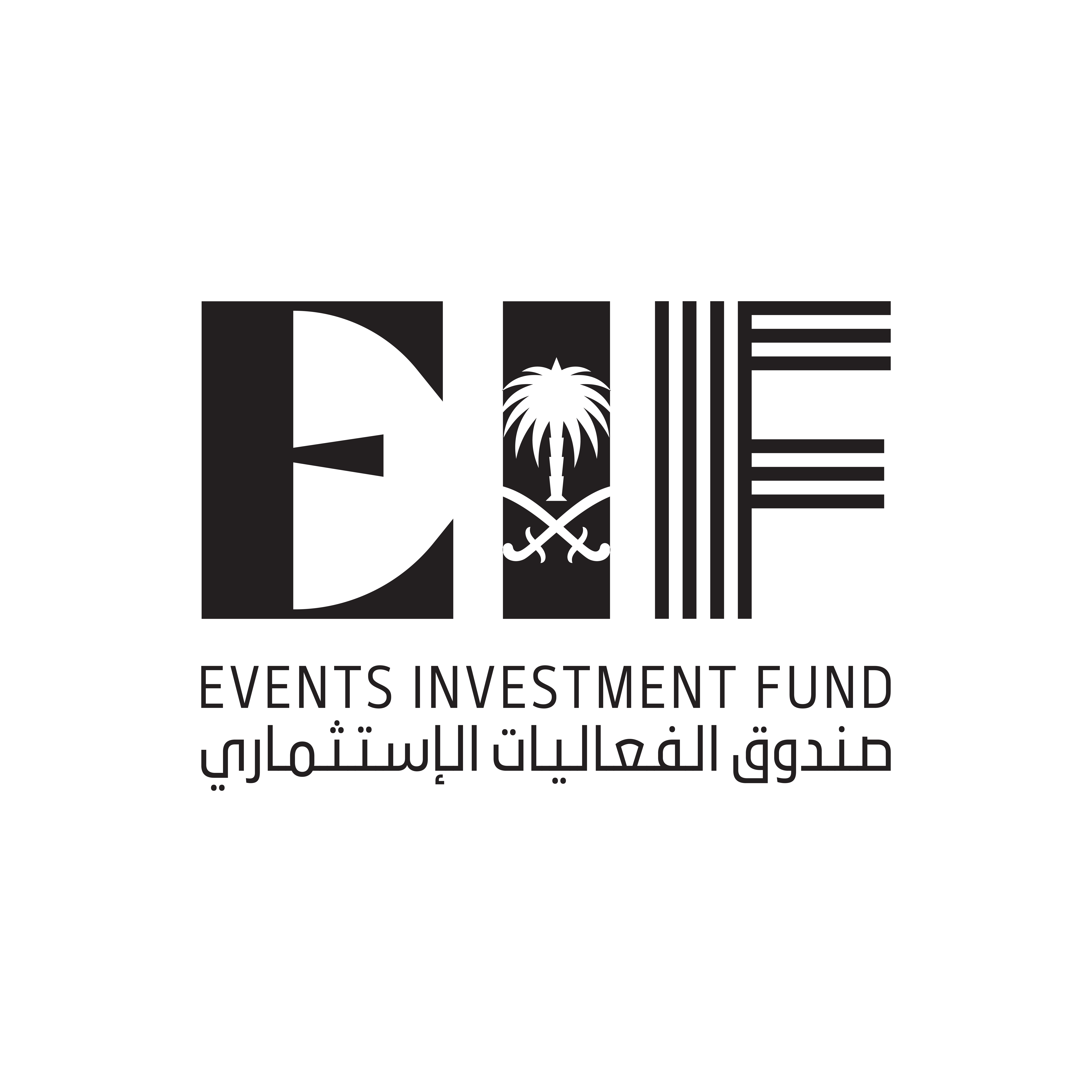Tell us about the organisation you lead and its role in the healthcare industry.
Philips is a leading global health technology company focused on improving people's health and well-being and enabling better outcomes across the entire health continuum – from healthy living and prevention, to diagnosis, treatment and home care. We are a leader in diagnostic imaging, image-guided therapy, patient monitoring and health informatics, as well as in consumer health – and have deep roots in critical care, radiology, oncology and cardiology, with investment in other emerging areas.
We combine and leverage advanced technology and deep clinical and consumer insights to deliver integrated solutions. This enables us to continuously develop portfolios of scalable smart connected innovations that help to alleviate healthcare challenges, strengthen the health system, and improve lives across the region. Ultimately, this helps us support our healthcare partners to deliver against the quadruple aim: meeting the challenge of improving health outcomes, at a lower cost, while increasing patient and staff experiences. At Philips, our purpose is to improve people’s health and well-being through meaningful innovation. We aim to improve 2.5 billion lives per year by 2030.
Tell us about your regional/global presence, the strategic journey into Saudi Arabia’s health sector and your organisational goals for the year 2023 in the country.
Philips has a long and proud history: we have spent more than 130 years working to improve people’s health and well-being through meaningful innovation. Much of our long-standing history and heritage has been spent in the Middle East and Saudi Arabia. We have worked in close partnership with the Kingdom of Saudi Arabia for more than 85 out of our 130 years. and it continues to be a meaningful relationship for us, as we share the same vision and commitment to improving care for a better world.
Our 2023 goals include building on the strong foundation we have put in place with our ongoing partnerships, as well as continued delivery of critical clinical solutions across the entire healthcare continuum. We have a growing focus on the role that informatics plays in improving health outcomes and improving patient and staff satisfaction. Informatics is key to facilitating collaboration among caregivers and allowing a more complete view of the patient in order to support clinical decision-making. Informatics is also the backbone of telehealth, which helps increase access to care and is also instrumental in improving operational efficiency.
Finally, we aim to continue working towards our sustainability goals and delivering healthcare in a sustainable and environmentally friendly manner.
What are your thoughts on Saudi Arabia’s ongoing transformation from a healthcare perspective and its potential for investors in the region?
Saudi Arabia has shown an unwavering commitment to transforming healthcare as part of the country’s ambitious Vision 2030. The Kingdom has achieved substantial milestones in its healthcare transformation in the past few years, and Philips is fortunate to have been part of some of these through our partnerships and collaborations. For instance, together with the Kingdom’s Ministry of Health (MoH), we delivered the country’s first nationwide virtual cardiology network “Taji” in 2019.
Through a ground-breaking integrated Cardiovascular Information System (CVIS) connecting cardiac centres in Saudi Arabia, patients and clinicians now have easy access to specialist support and information.In addition, we have also worked with MoH in clinical and operational optimisation initiatives in Emergency departments and Oncology centres. We also partnered with the Saudi Data and Artificial Intelligence Authority (SDAIA) in February 2021 to help enhance the quality of health services, create new job opportunities, and elevate the country’s national economy to become a data and AI-driven economy. This includes establishing a dedicated AI Knowledge Hub, introducing health technology solutions that integrate AI into clinical workflows and facilitating knowledge sharing and research collaboration opportunities. Beyond local public partnerships, we are working closely with the private sector to transform, expand and optimise their operations in line with Vision 2030, and the new opportunities it will yield.
Excitingly, there are a multitude of opportunities for investors, and public and private partnerships, to be involved in transforming the health system into one that fully accommodates Saudi Arabia and the broader region’s current and future needs – and health technology, in particular, offers significant opportunity for purposeful growth. We are proud to be part of Saudi Arabia’s transformation journey as many of the objectives tie in with our own goal of innovating to make the world healthier and more sustainable.
Based on your observation, what would you say are some of the key areas of development and growth in Saudi Arabia’s healthcare industry?
Emerging smart technologies such as AI and machine learning lie at the heart of the future of care. These technologies are the driving force behind innovative solutions – and have the potential to transform patient care, quality and outcomes. At Philips, we use AI to turn data into actionable insights that enable more precise, predictive, personalised and accessible care right across the continuum. This equips healthcare providers to do what they do best – prevent, diagnose, treat, and monitor – and helps people take better care of their own health and well-being.
The impact AI and other smart technologies are having on healthcare is already well-documented, and the body of evidence of its potential and scope for growth and development continues to raise exponentially. Our latest Future Health Index (FHI), which will be released in November this year, reaffirms that healthcare leaders in Saudi Arabia recognise the potential of both AI and predictive analytics in facilitating more efficient and effective care. To unlock this potential, they are today building upon technology advances made during the pandemic and prioritising investments in AI. Today, this investment is focused on AI in clinical settings. However, leaders plan to invest more heavily in AI for operational uses in the near future.
Aligned with the goals of the government's Saudi Vision 2030, leaders continue to be focused on remaining at the forefront of healthcare delivery and expanding access to critical care resources. These ambitions, supported by the positive first-hand experience with virtual care innovations during the peak of the pandemic, continue to provide incredible growth opportunities in telehealth — increasing the reach of specialist staff and increasing collaboration between caregivers.
Looking at Global Health Exhibition 2022, what are the state-of-the-art products/services your organisation will showcase at the event and what opportunities are in store for visitors?
We look forward to showcasing our portfolio of scalable smart and connected radiology, oncology, acute care, cardiology and telehealth solutions that facilitate communication and collaboration between caregivers, with the aim of driving better health outcomes, improved patient and staff experiences and ultimately impacting more lives across the region. As part of our radiology solutions, we are highlighting our helium free 1.5T Philips MR5300 system. Helium is a scarce resource and Philips BlueSeal is the industry's first and only 1.5T fully sealed magnet, relieving you from helium-related complications and unpredictability.
The MR5300, is one of our many solutions at Global Health which leverage the power of AI. The MR5300 uses AI to achieve ultra-fast exams, while still delivering high quality diagnostic imaging . This is of importance not only operationally but also for patients who have difficulty holding their breathIn addition, you will see our informatics portfolio at the show, including our multi-vendor-positive interoperability solutions that bring together data from various sources, systems and even healthcare facilities. This seamless data exchange ensures that the right patient clinical information can reach the right people at the right time.
Finally, we are pleased to show our acute care solutions such as the eICU programme increasing access to expert critical care teams; as well as our Guardian early warning scoring, which enables early detection of patient deterioration, allowing for early intervention for at-risk patients. As you can see, we’re bringing our whole end-to-end expertise across the healthcare continuum to Global Health and are eager to share this with your visitors.
Please share some of your recent and upcoming organisational goals for the coming year.
Philips’ overall goals remain very much in line with our goals for Saudi Arabia. This means focusing firmly on building strong and lasting partnerships in both the public and private sectors, continuing to deliver critical clinical solutions that improve care and improve the general experience for patients and staff alike, and continuing to team up and help create seamless, connected, value-based care. We have a firm commitment to Saudi Arabia and improving lives, by being a purpose-driven company that does business responsibly and sustainably. As an organisation, we have set serious targets for 2025, particularly around environmental and social goals.
Environmentally, these targets include reducing our carbon footprint across our entire value chain in line with the Paris Agreement 1.5o C global warming limit, expanded renewable energy sourcing — sourcing 75 per cent of total energy consumption (including fuel) from renewable sources — increased energy efficiency including 100 per cent EcoDesign, and improved circular economy solutions including zero waste to landfill. Inspired by these targets, at Philips we are fundamentally redesigning our products and business models to be less reliant on natural resources. A key example of this is Philips’ first helium-free MRI system, Ambition 1.5T MR, which features the industry’s first fully sealed magnet technology – BlueSeal. This breakthrough innovation is critical to the healthcare industry due to the increasing challenges of a limited helium supply. The BlueSeal magnet uses a highly efficient micro-cooling technology which requires just seven litres of liquid helium instead of the 1,500 litres that conventional magnets use.
In addition, we are supporting the industry at large to transform. In Saudi Arabia, for instance, I personally support the Partnership for Health System Sustainability and Resilience (PHSSR) by serving on their committee to make evidence-based recommendations on how to build additional resilience and sustainability in the country’s health system. This is in line with our overarching aim to improve people’s health and well-being through meaningful innovation that connects and elevates care for all — which is very much in line with Saudi Arabia’s own goals to help people live better, healthier lives.
Anything else you would like to add.
Importantly, in addition to the existing challenges and public health emergencies, the pandemic illustrated that health systems are vulnerable to other shocks such as weather or climate disasters, and conflict. Looking towards the future, stakeholders in the sector are beginning to look at how to build back better and Philips is teaming up with key players such as PHSSR to ensure that health systems are able to continually deliver their functions over the long-term, whilst also being able to better prepare for, adapt to, learn, transform and recover from shocks and accumulated stresses. We know that health technology solutions have great potential to improve patient outcomes and improve care delivery.
If these solutions are underpinned by long lasting expert partnerships, collaboration at the system level between all stakeholders including governments, public and private providers and healthcare payors, and continued investments in bringing the vision of healthcare transformation to life, progress, and a positive impact is inevitable. I cannot wait to see how the ongoing collaboration between Philips and the Kingdom of Saudi Arabia, and the introduction of innovative solutions help to transform healthcare and meet the goals of Vision 2030.

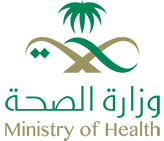
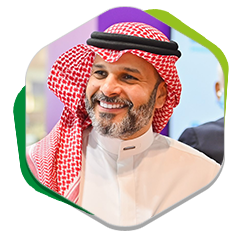
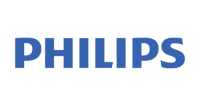


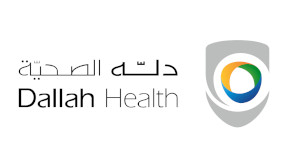
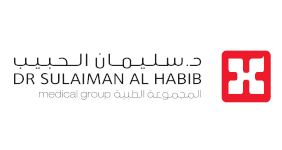
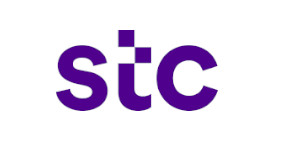
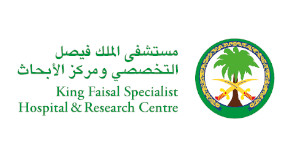
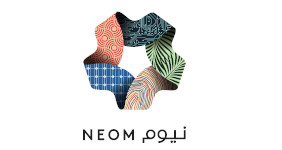
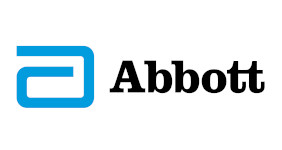
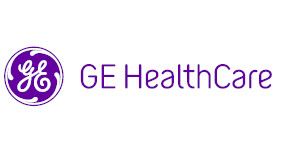
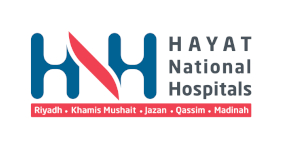
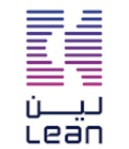
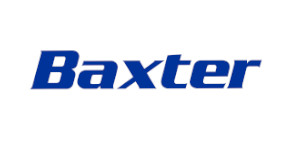
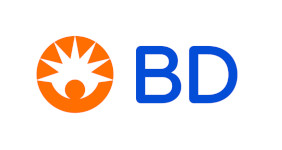
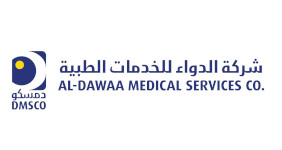
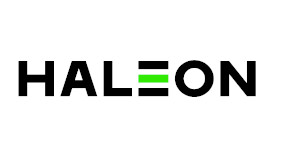
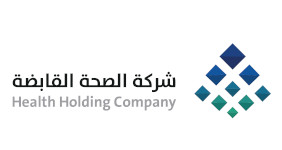
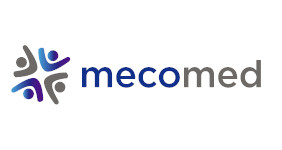

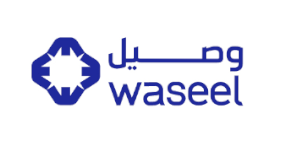
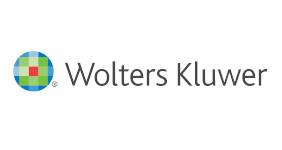
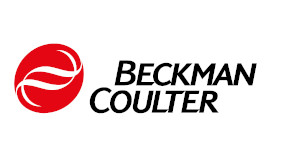
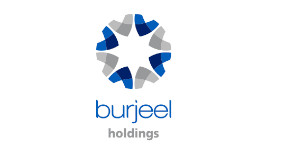
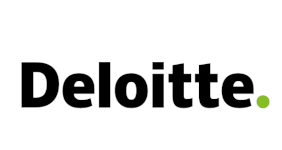
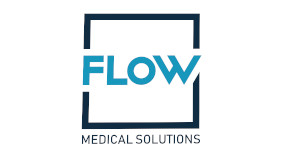
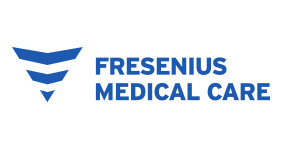
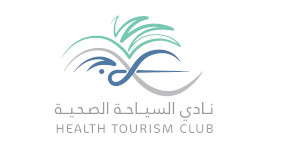
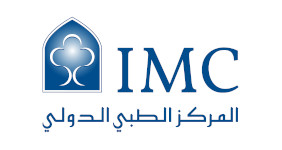
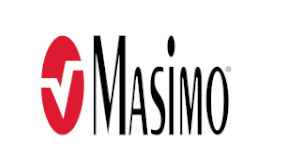
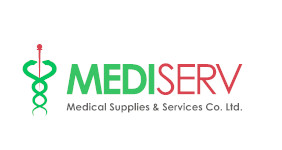

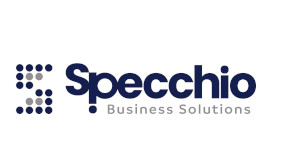
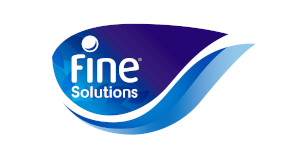
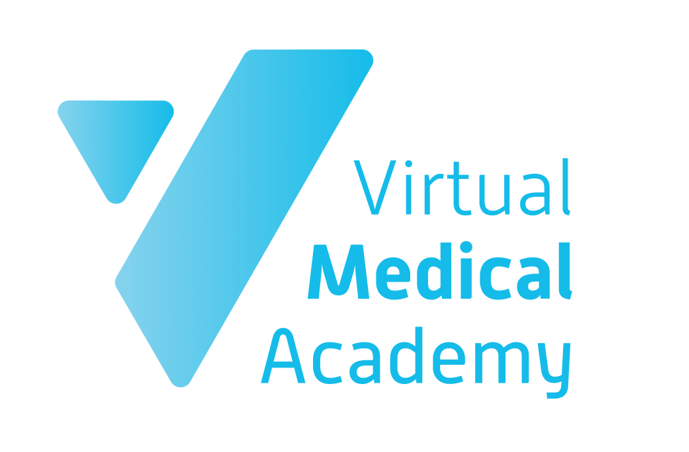

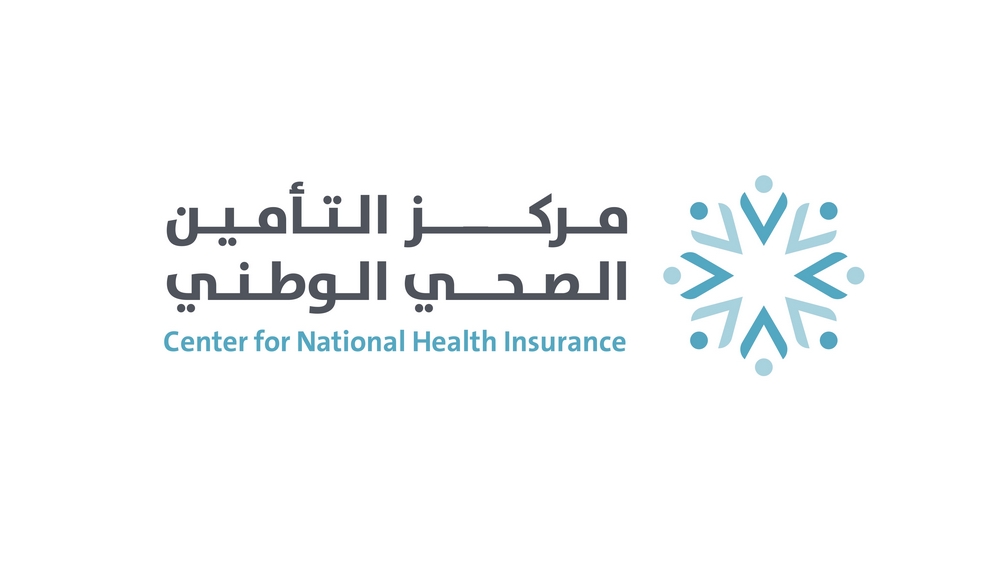
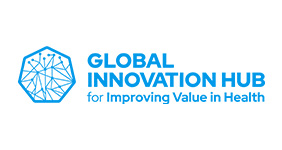
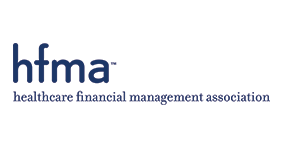
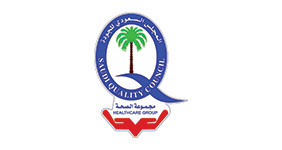
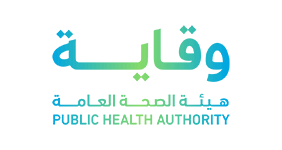
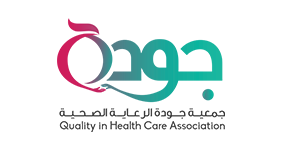
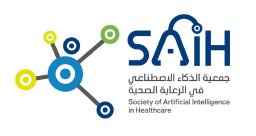
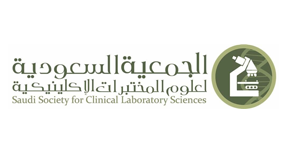
_page-0001.jpg)
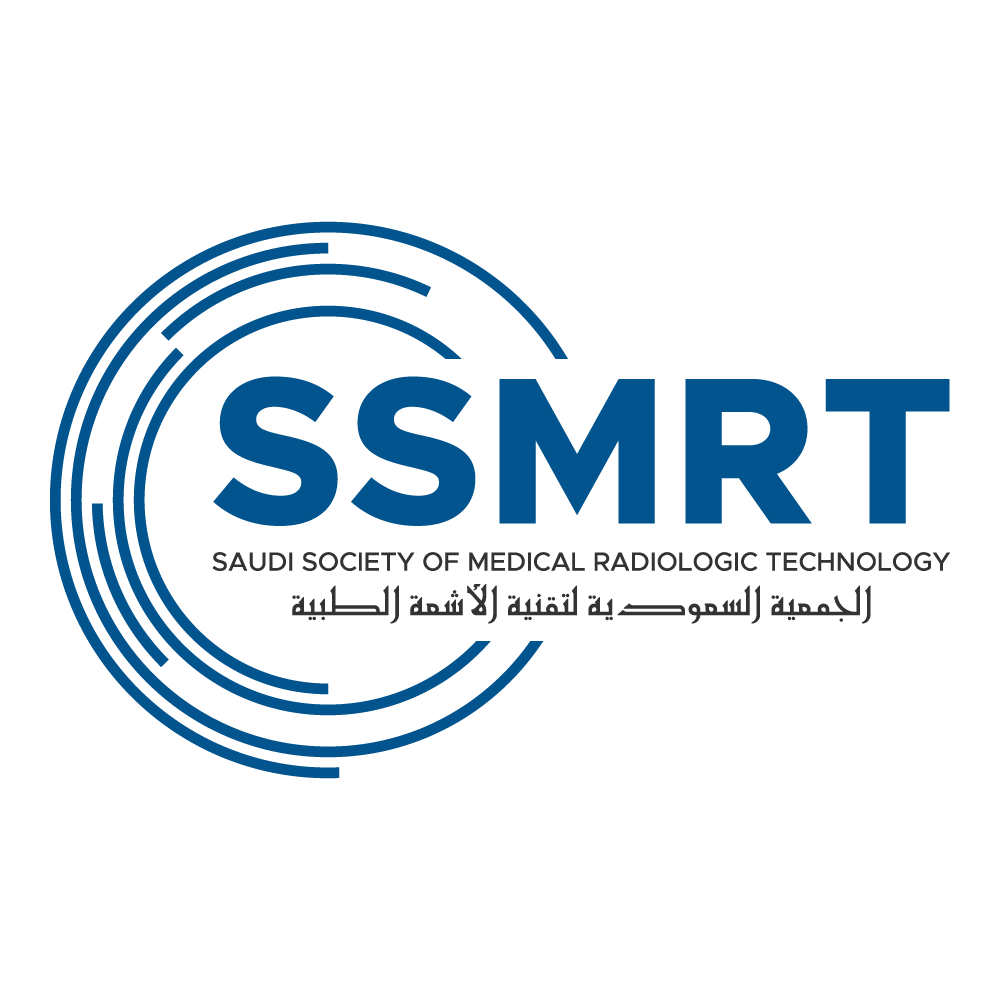
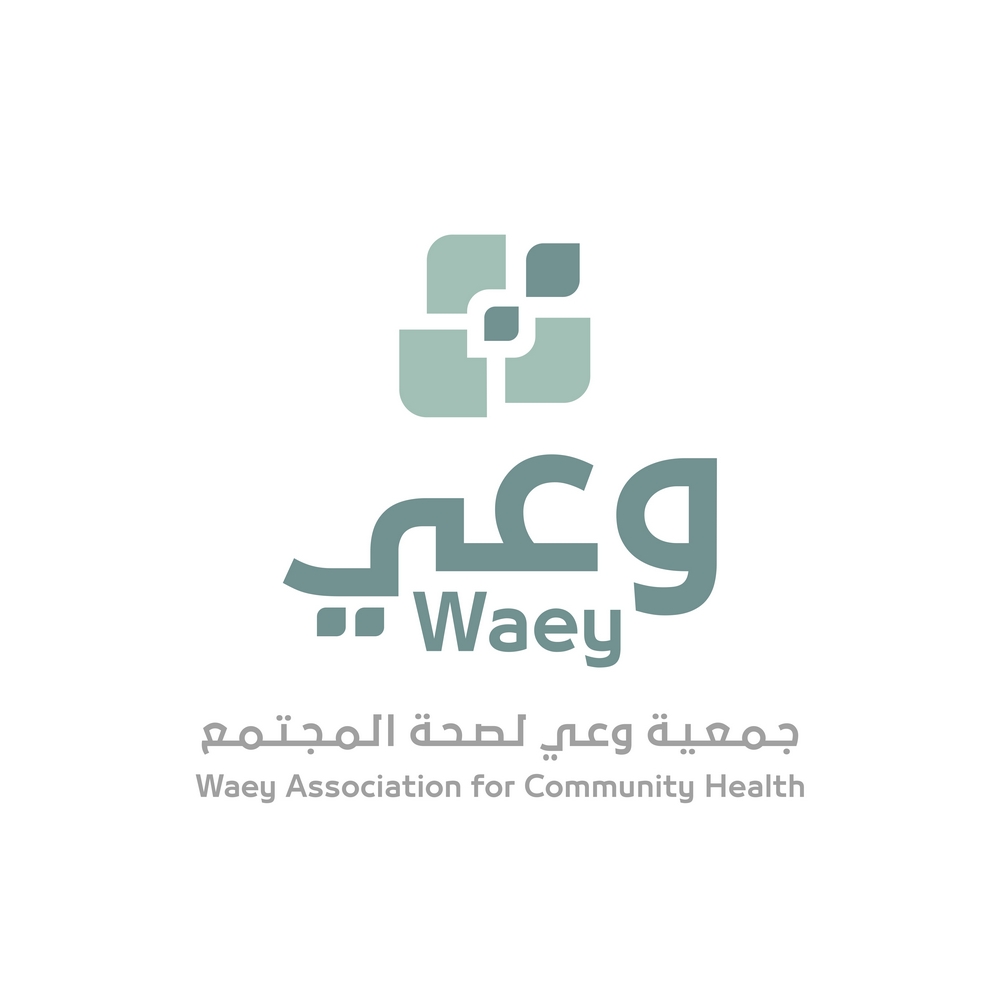

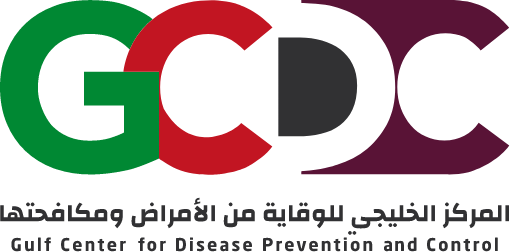
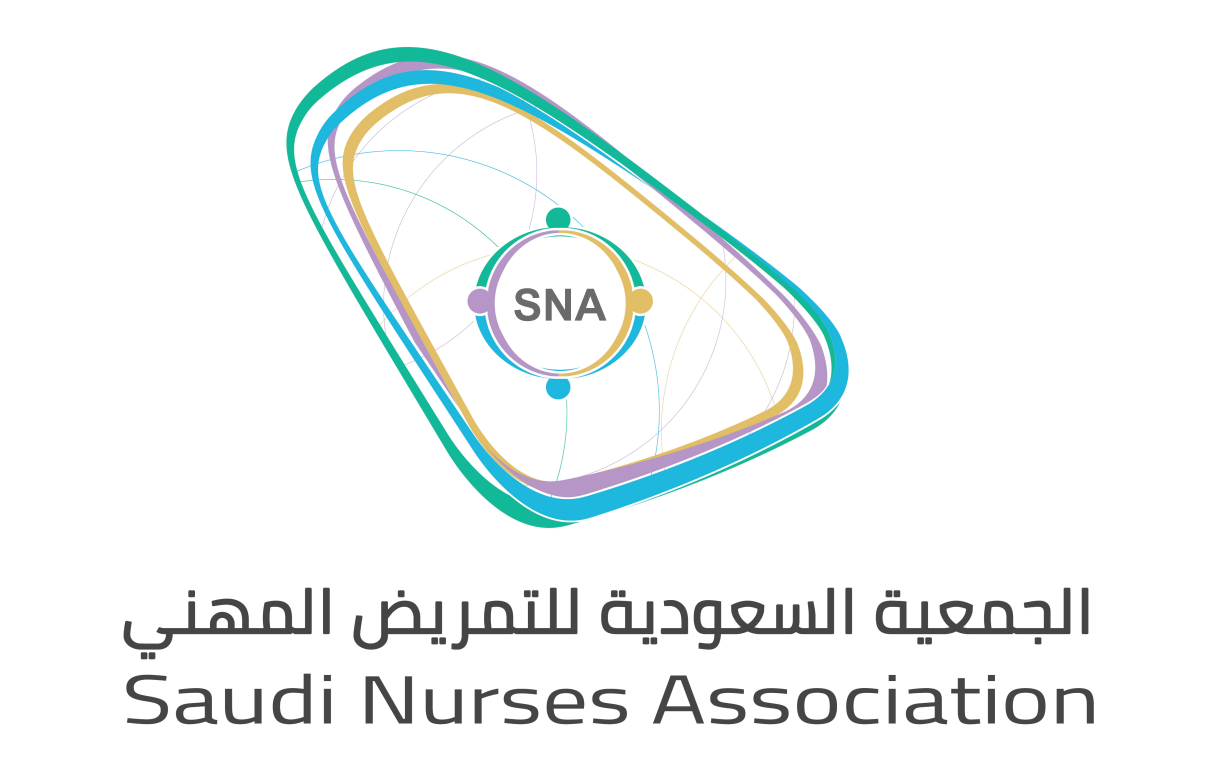
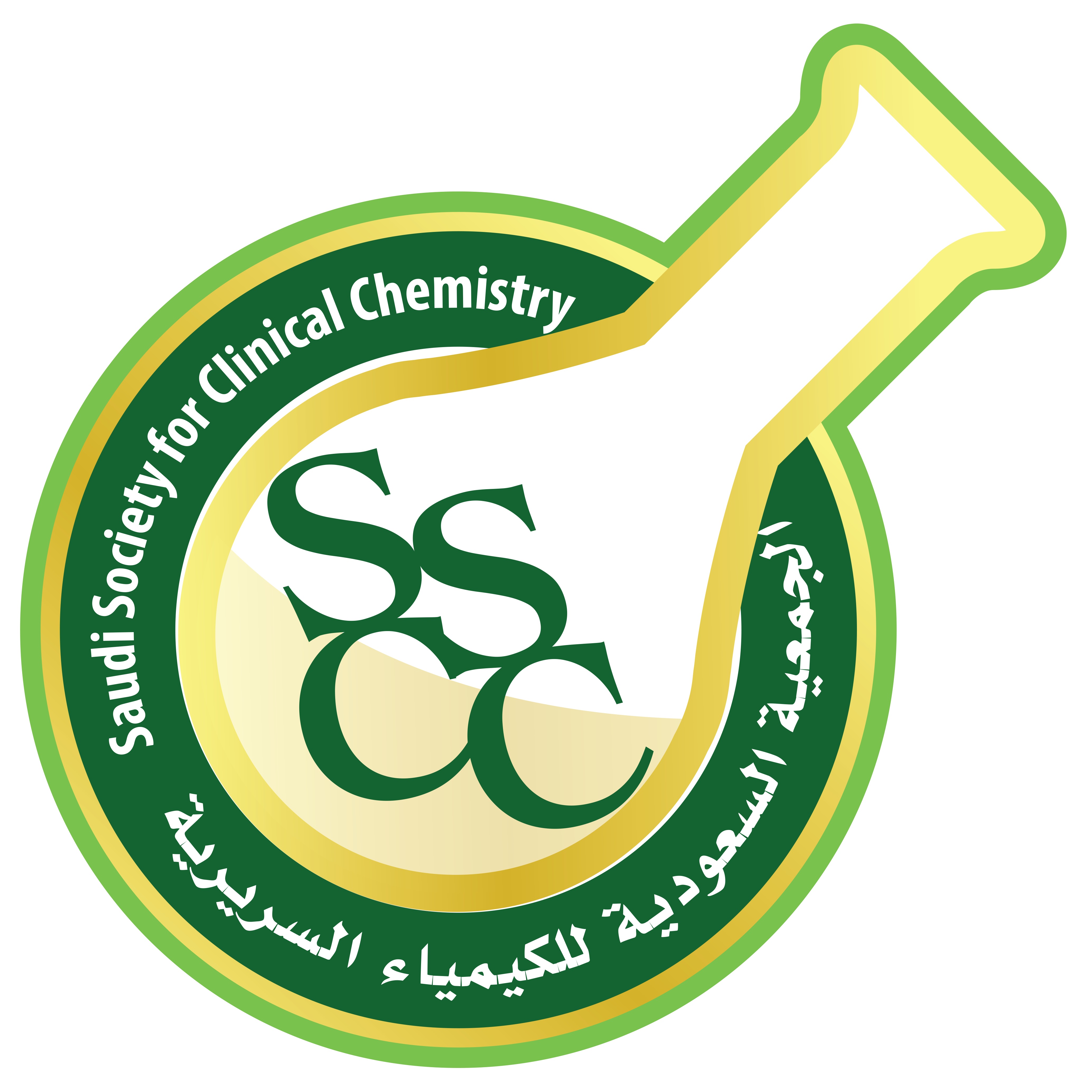
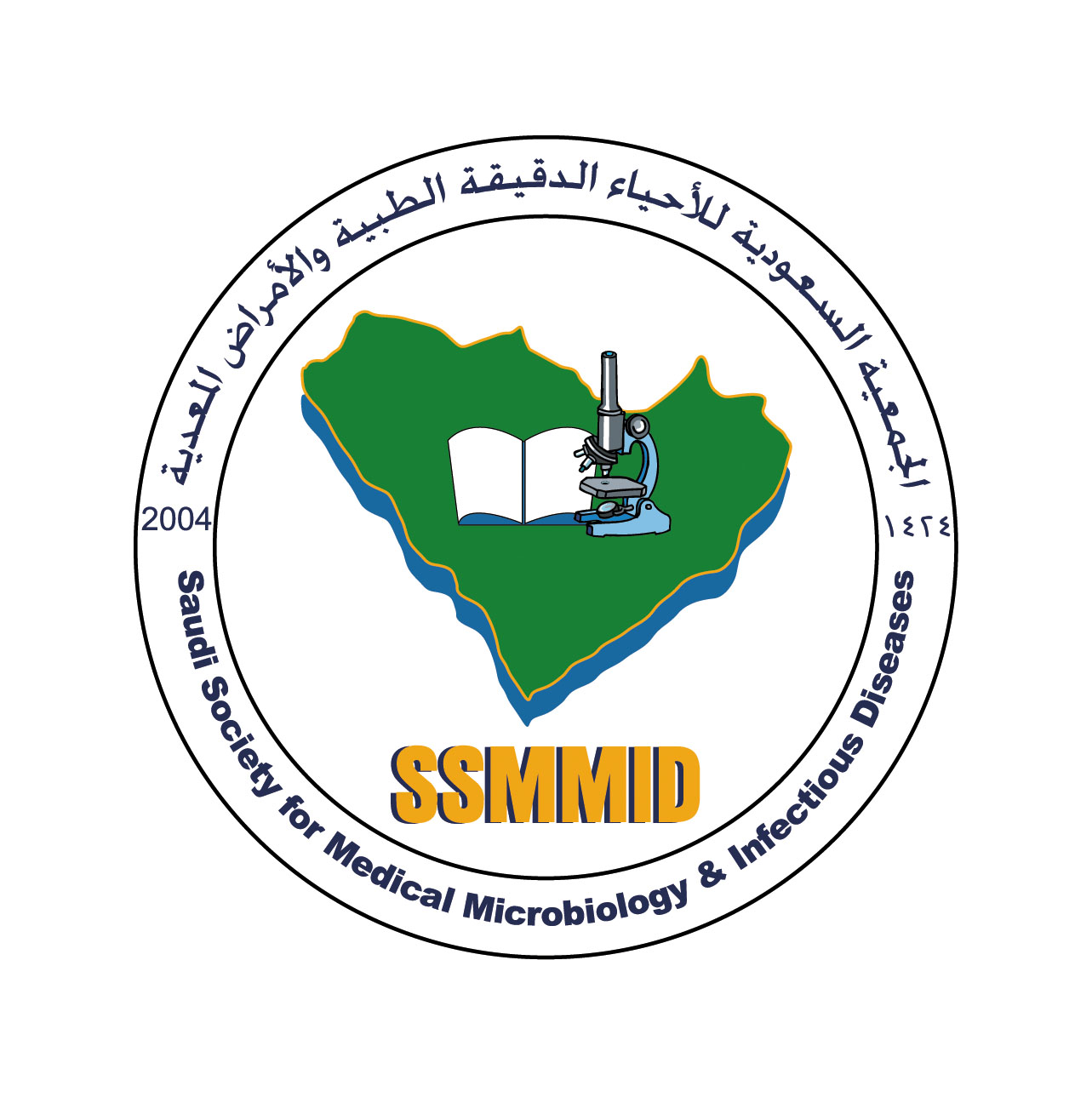
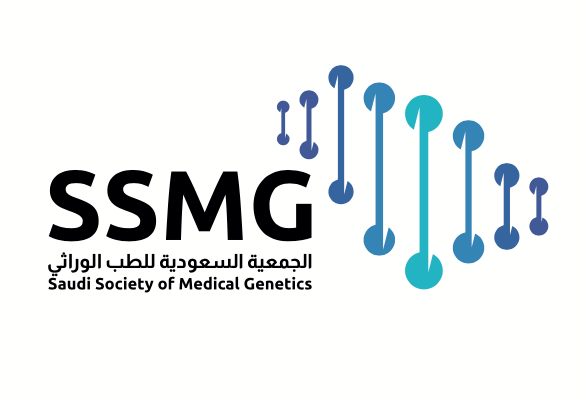
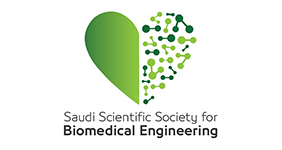
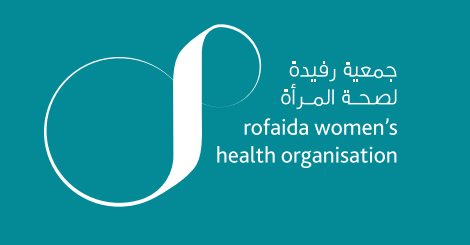
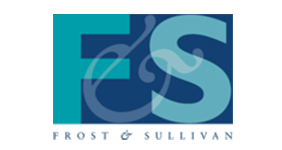
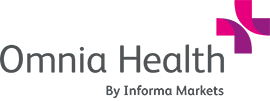

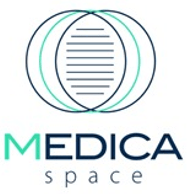

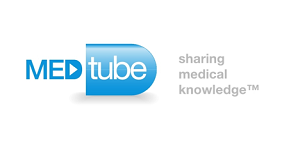
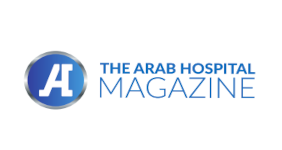
.png)

